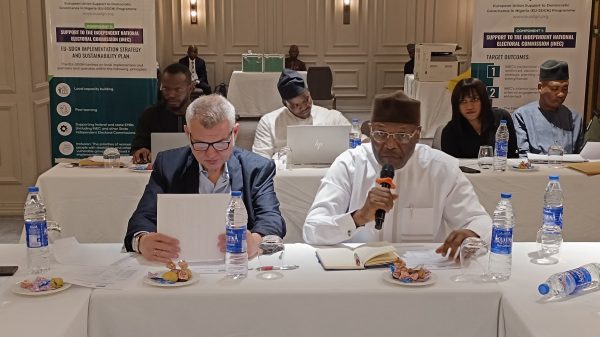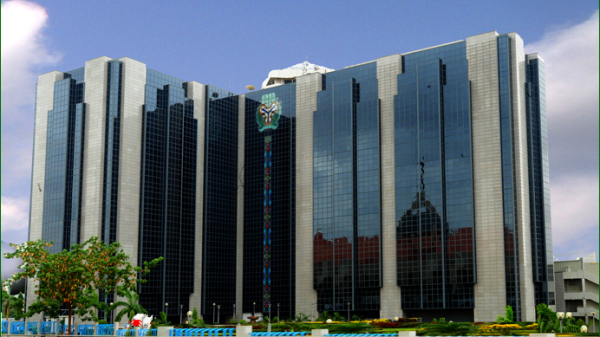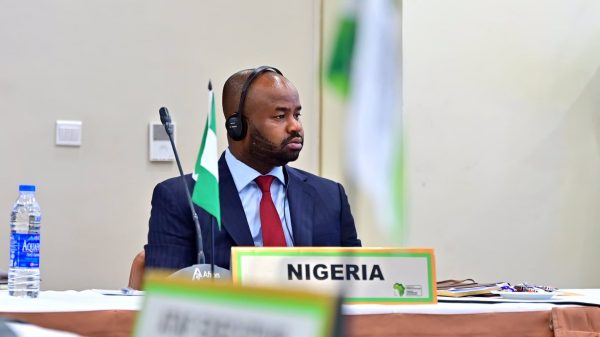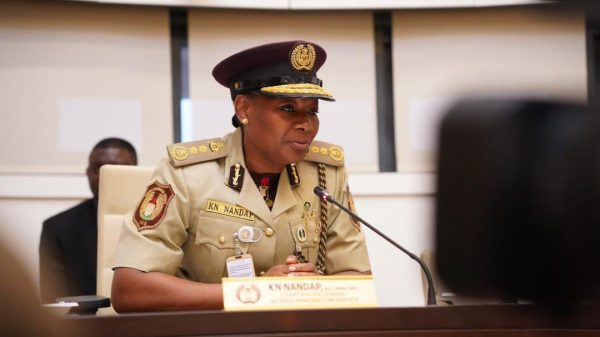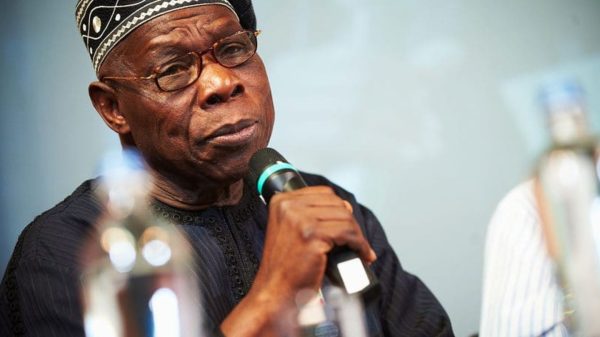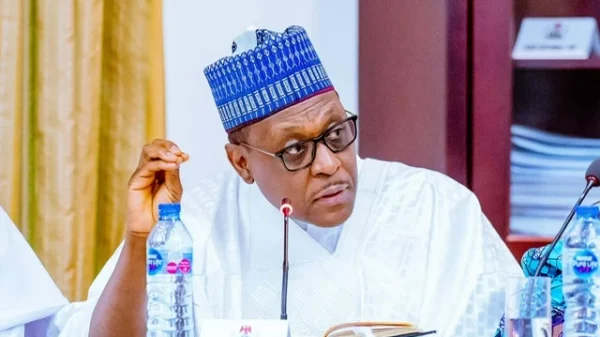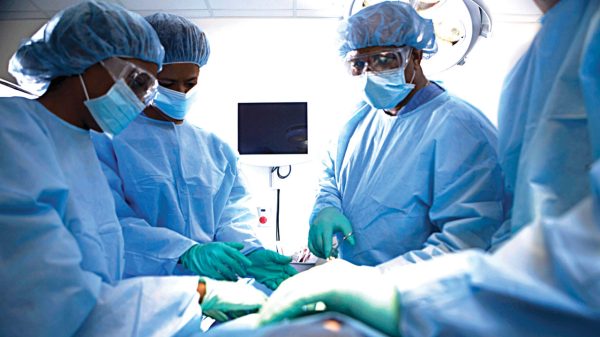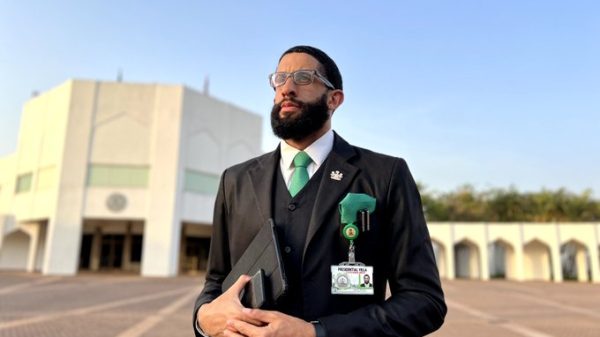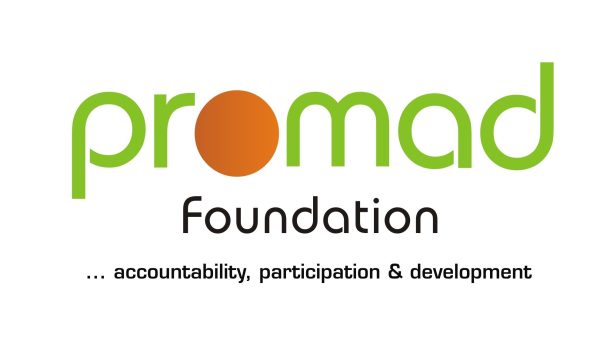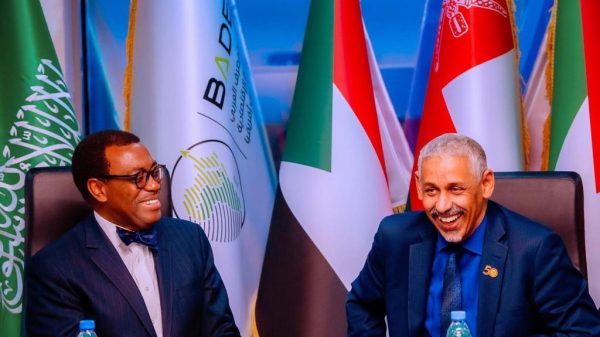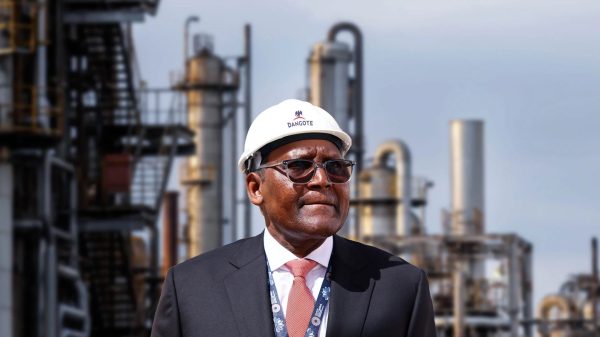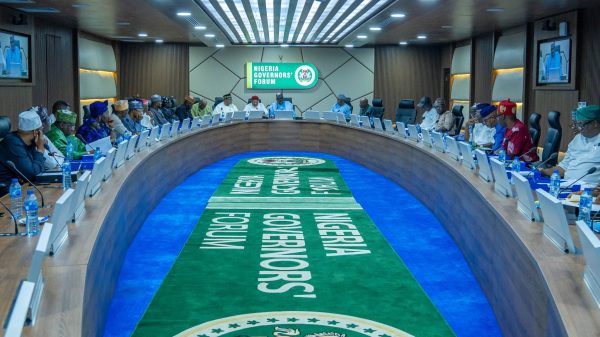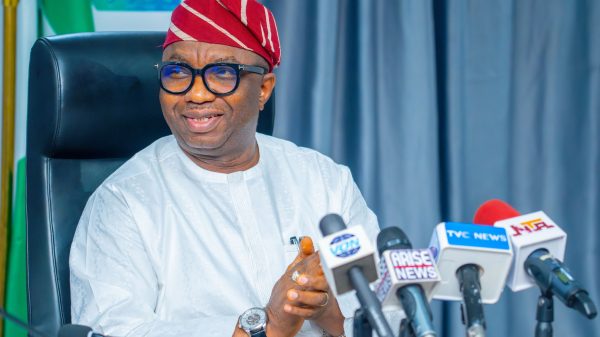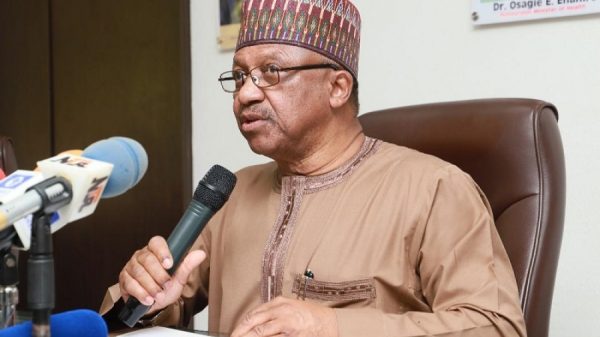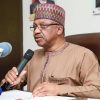On Thursday, a bill to prevent Nigerian-trained medical or dental practitioners from being granted full licences until they have worked for a minimum of five years in the country passed second reading at the House of Representatives.
The bill is seeking an amendment to the Medical and Dental Practitioners Act—to local practice compulsory for graduates in medical and dental fields to render services within the country for five years before being granted a full license.
Ganiyu Johnson (APC/Lagos), the sponsor of the bill during the debate, said the move was to check how medical professionals in their mass number leave the country annually.
The lawmaker said his bill titled ‘A Bill for an Act to Amend the Medical and Dental Practitioners Act, Cap. M379, Laws of the Federation of Nigeria, 2004 to Mandate Any Nigeria Trained Medical or Dental Practitioner to Practice in Nigeria for a Minimum of Five Years Before being Granted a Full License by the Council in Order to Make Quality Health Services Available to Nigeria; and for Related Matters’ would assist the country to tackle the shortage of medical professionals after its spending so much on medical education subsidy.
Argument on medical education subsidy
Mr Johnson noted that the tuition fee for Medicine in the UK was between £35,750 and £66,500 per annum and the duration of the course is four years.
In the United States, according to the National Centre for Education Statistics, he said the average cost of studying Medicine ranges between $82,000 and $104,000, aside from miscellaneous expenses which include feeding, accommodation, etc.
He added that in Canada, the tuition fee for Medicine ranges from 52,000 to 169,000 Canadian dollars.
“But contrary to all these bogus Medicine tuitions in the aforementioned foreign countries, in Nigeria, the cost of Medicine in public institutions ranges from N40,000 to 150,000. Therefore, you will all agree with me that medical and dental education in Nigeria is seriously subsidised,” he stated.
“Despite this subsidy in medical and dental’s education, Nigeria still suffers emigration of trained medical doctors and dentists into the hands of these foreign countries, which an average Nigerian can hardly afford for medical training. The favourite destinations of migrating Nigerian medical staff are Europe, North America, and the Middle East”, he stressed.
According to him, the number of Nigerian-trained doctors who left for the UK was the third highest in the world and highest in Africa. He said the mass relocation of trained doctors has enormous implications for the healthcare sector, which he decried was already understaffed.
“From all Nigeria has invested and spent on training these doctors, today, we have less than 10,000 doctors remaining in Nigeria”, Mr Johnson said.






